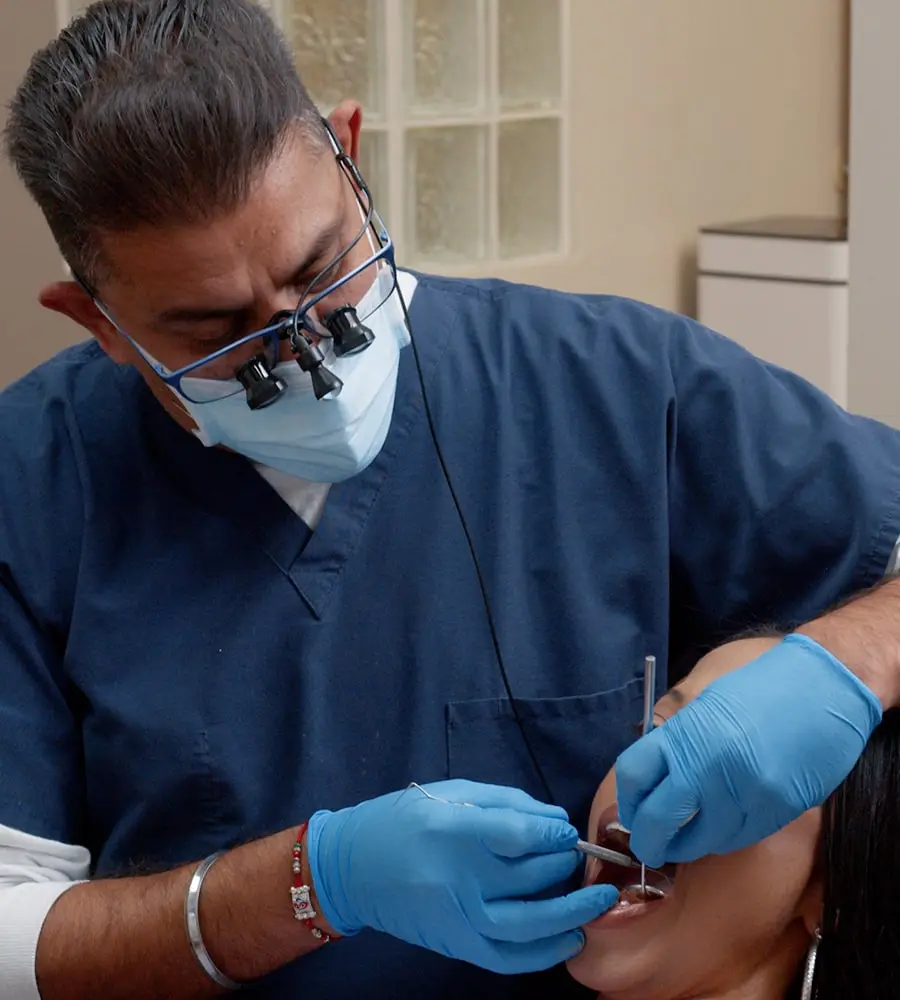Common Causes of Tooth Sensitivity and How to Prevent It

Tooth sensitivity is a common dental complaint that can range from mild discomfort to sharp pain when eating or drinking hot, cold, sweet, or acidic foods and beverages. If you’ve ever winced while enjoying a cold drink or a hot cup of coffee, you’re not alone. Understanding what causes tooth sensitivity and how to prevent it can help you maintain a comfortable, healthy smile.
What Causes Tooth Sensitivity?
Tooth sensitivity usually occurs when the protective layer of your teeth, called enamel, wears down or when gums recede, exposing the underlying dentin. Dentin contains tiny tubules that lead to the nerve of the tooth, which can become irritated by temperature changes or certain foods. Here are some of the most common causes:
- Worn Enamel: Enamel can wear away due to aggressive tooth brushing, using a hard-bristled toothbrush, or grinding your teeth (bruxism). When enamel thins, the sensitive dentin underneath becomes exposed.
- Gum Recession: Gums can pull back from the teeth over time because of gum disease or improper brushing techniques, exposing the root surfaces that are not protected by enamel.
- Tooth Decay and Cavities: Decay can erode enamel and dentin, making teeth more sensitive.
- Cracked or Chipped Teeth: Damage to teeth can expose the dentin or the pulp, causing sensitivity.
- Dental Procedures: Recent dental work, such as fillings, crowns, or teeth whitening, can sometimes cause temporary sensitivity.
- Acidic Foods and Drinks: Consuming a lot of citrus fruits, soda, or other acidic foods and beverages can wear down enamel over time.
How to Prevent Tooth Sensitivity
Fortunately, there are effective ways to reduce or prevent tooth sensitivity:
- Use a Soft-Bristled Toothbrush: Switch to a soft-bristled brush and use gentle, circular motions when brushing. Avoid aggressive scrubbing.
- Choose the Right Toothpaste: Use toothpaste designed for sensitive teeth. These contain ingredients that help block the tubules in dentin, reducing sensitivity.
- Avoid Acidic Foods and Drinks: Limit your intake of citrus fruits, sodas, and other acidic foods. When you do consume them, rinse your mouth with water afterward.
- Practice Good Oral Hygiene: Brush twice a day, floss daily, and visit your dentist regularly to prevent gum disease and decay.
- Wear a Mouthguard if You Grind Your Teeth: If you have bruxism, a night guard can protect your teeth from excessive wear.
- Get Regular Dental Checkups: Your dentist can identify early signs of enamel wear, gum disease, or other issues and provide treatments to protect your teeth.
Tooth sensitivity can be uncomfortable, but with proper care and preventive measures, you can keep your smile pain-free. If sensitivity persists or worsens, it’s important you give us a call to rule out any serious conditions.
Schedule Your Smile Makeover Today!
We encourage patients to take the first step towards achieving their dream smile by contacting us to book an appointment for cosmetic dentistry services.
Request Your Appointment Today!

Patient Testimonials
My Uncle referred me to this dentist as he’s a patient himself. I was scared going in as I haven’t visited a dentist in a very long time. Everyone was so professional and caring. They put my mind at ease. The dentist explained everything that I would need done, and it’s a lot, in a way I could understand it. I’m so glad I listened to my Uncle and chose this dental office. I will highly recommend this place if anyone asks me.
Rita C.
AC dental was one of my best dental experiences and my first in NJ. The staff is professional and courteous. Very attentive and listens to the patient. Very important. The Doctor is a star. Explained everything and I felt safe. CW.
Verified Patient
They are very accommodating and made me feel at ease. I hate going to the dentist and avoid it all costs, after my experience here I will actually start sticking to routine appointments. Would definitely recommend them!
Verified Patient
I was very pleased with the professionalism of both the staff and the doctors in AC Dental. The staff was courteous and helpful. The doctor and his assistants were both very knowledgeable as well as helpful. It was a very good experience.
Verified Patient
This is the BEST dental practice I have ever visited! I’m glad I chose AC Dental of East Brunswick for my dental needs because they take pride in providing truly amazing service. The staff is very friendly, professional and make you feel at home. Dr. Ahuja goes above and beyond for his patients and you can tell that he is passionate about helping them achieve optimum health and a beautiful smile. Definitely recommend this practice!!!
Ruchi S.
My family and I have been patients of AC Dental for over ten years. The staff is always friendly, efficient and accommodating in an emergency. Dr Abuja has even made a house call. I would recommend this practice for dental care of the highest quality.
Kylie R.
I rate AC Dental 5 Star/A1 dental cIinic. Dr A and all the staffs are very nice and friendly. They made me feel so comfortable and made my appointment such a breeze and no stress. Very professional and knowledgeable. These crew know what they're doing!
Julio R.
I have been going to AC Dental for about 10 years. They are courteous of your time and always get you in and out. Procedures are done delicately and as painless as possible. The staff is beyond friendly and I often find myself talking to them well after my appointments are over. Being treated like family, is all I can ask for me and my family.
Aaron B.
AC Dental is great! All the employees are very welcoming and i dreaded going to the dentist but they always make me feel comfortable there! The hygenist is amazing! She is very knowledgeable and helpful and great with kids :)
Holly W.

